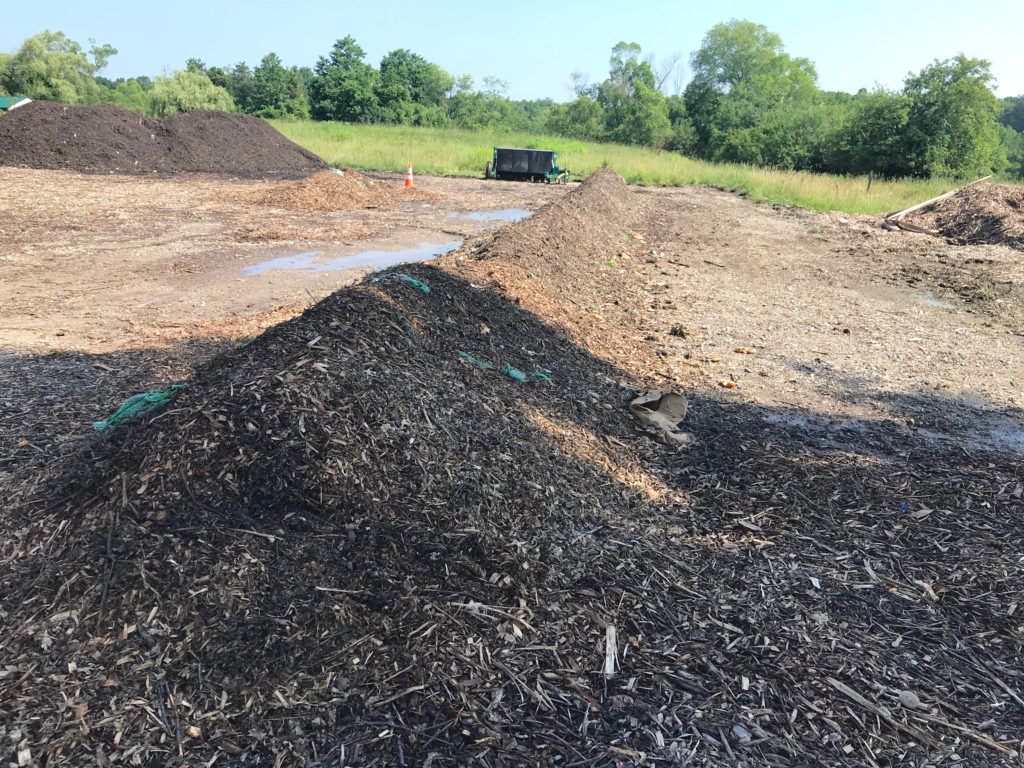Neil Thornton, Defra's director of sustainable consumption, production and waste, insisted “there's no point in the government kicking against the market” as he addressed the Lords Science and Technology Select Committee in Westminster.
You are clear that carrots don't really work but you are not clear about what sticks you wish to use.
Lord O'Neill on Defra's waste reduction plans
He was appearing as part of the committee's inquiry on waste reduction to answer questions on how to encourage more producer responsibility through product design and improved production processes.
During the hearing, the Committee's chairman, Lord O'Neill of Clackmannanshire expressed his view that not enough was being done to force businesses to cut down on their waste.
He said: “It does seem that you are very cautious – you are clear that carrots don't really work but you are not clear about what sticks you wish to use.”
In reply, Mr Thornton said he thought the assessment by the Labour peer “a little unkind”, and pointed out that while there were a “limited number of interventions available” to his Department, it was pushing environmental issues up the business agenda.
Roadmaps
Mr Thornton, who has been central to the development of the new English waste strategy released by Defra in May (see letsrecycle.com story), explained that the Department's emphasis on waste reduction was currently looking at for key areas of manufacturing to identify where measures were needed most.
This would result in “roadmaps” laying out information based on the environmental impact of a product's whole life cycle, he added, rather than just the impact when it is thrown away.
He said: “We recognise that we can't employ life cycle analysis for every individual product – what we are going to do is take some generic product types and give business information in the form of roadmaps. Clothing is already being looked at, vehicles is perhaps one that should be talked about.”
“Cynical”
Any individual life cycle analysis is open to interpretation – we are working with industry to get better methodologies.
Neil Thornton, Defra
However, another peer on the committee, Professor Lord Lewis of Newham, revealed his concerns that a life cycle analysis approach could prove an unreliable basis for policy on waste reduction.
In particular, he cited arguments about the use of disposable nappies, which has seen life cycle analysis research called into question in recent years (see letsrecycle.com story).
Lord Newham, a former professor of chemistry, said: “I'm a bit cynical of the carbon footprint approach – it seems a very variable and open to an element of subjectivity. The issue of disposable nappies has been going on for 25 years and every year we get a different answer. I'm told Defra is investigating and we will get another answer in December.”
Mr Thornton said he shared the peer's “mild frustration” with the nappy issue, adding that “there isn't a blindingly obvious answer, so maybe we should spend much time on it”.
He said the peer was “quite right” that “any individual life cycle analysis is open to interpretation – we are working with industry to get better methodologies out there for people to use with some reliability.”
Other peers on the committee suggested the government's approaches to producer responsibility and waste reduction was focussed too much at larger companies, rather than smaller businesses.
Mr Thornton said that he believed behavioural changes within larger companies would “filter down” to smaller firms, particularly through the supply chain.
“There's a high profile negative publicity around manufacturers using unsound approaches,” he said.








Subscribe for free